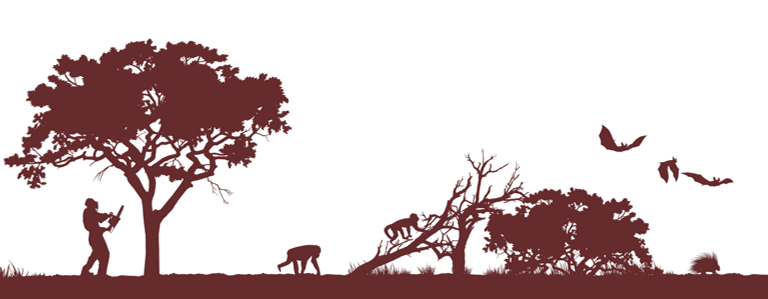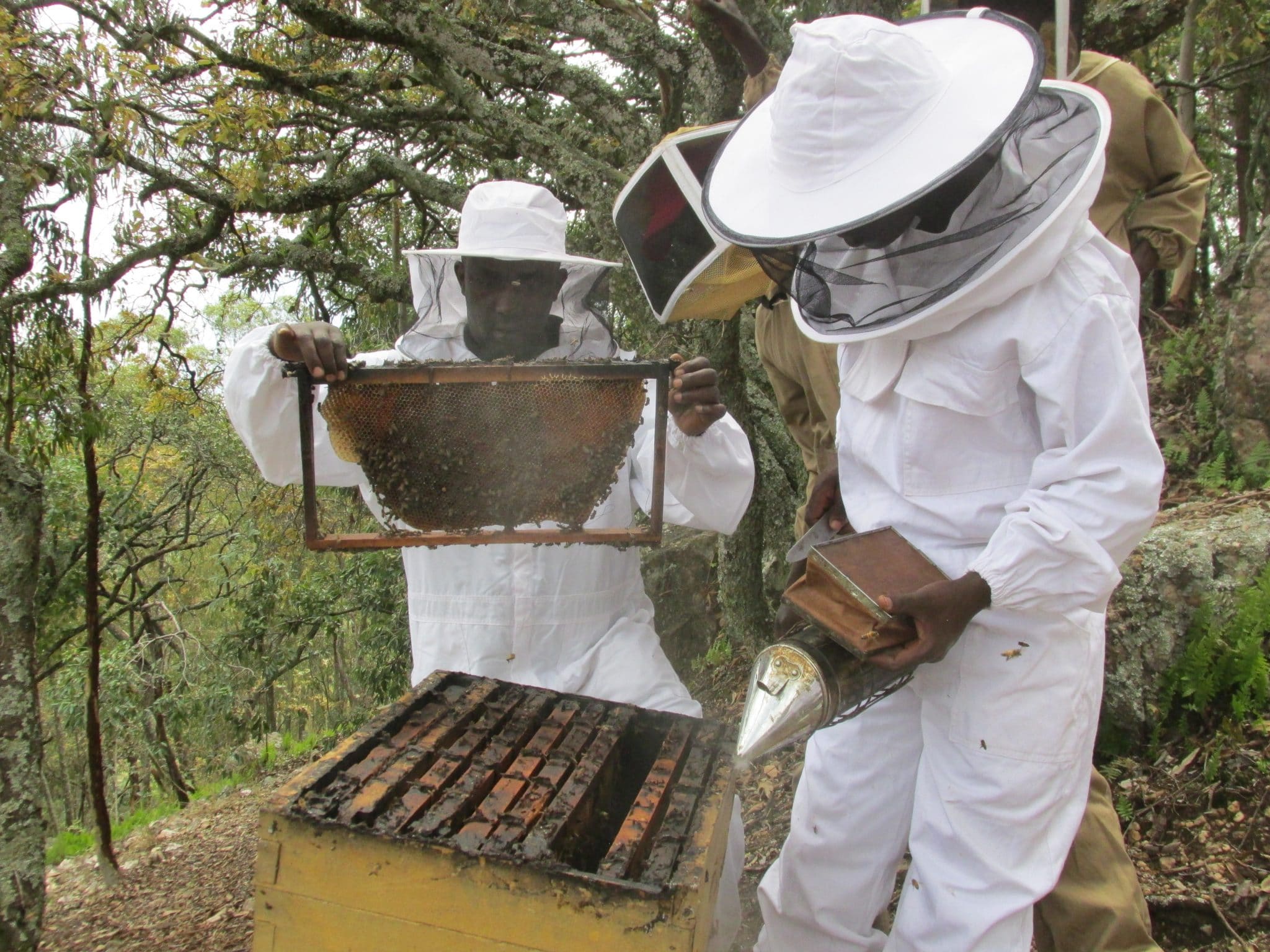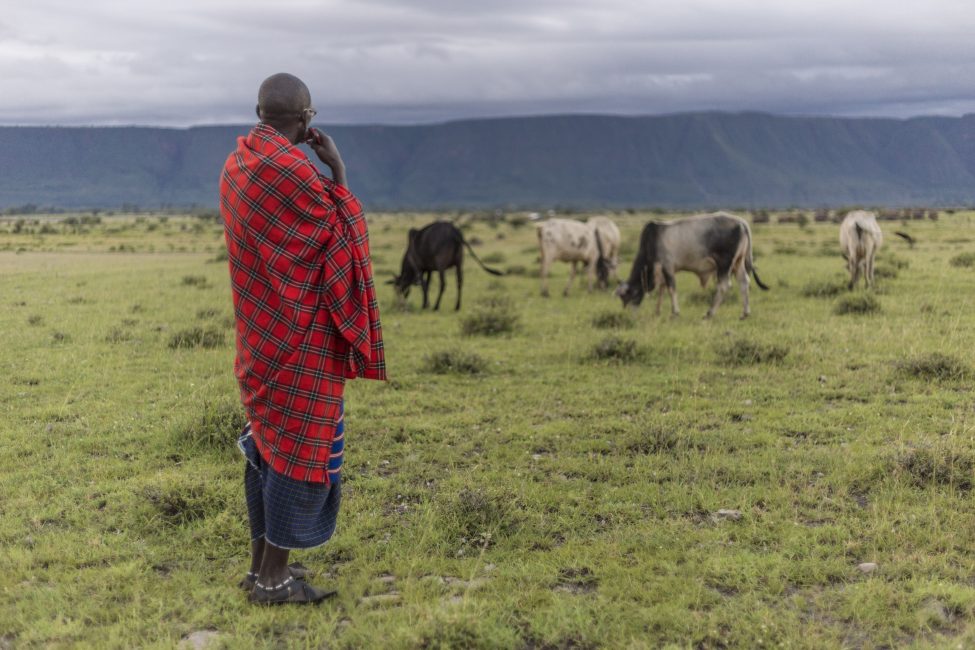“Healthy animals, healthy people, healthy planet.” To represent our unique vision of health (One Health) more effectively, our slogan has changed to include the environment. Nevertheless, this has always been one of our organisation’s concerns.
Since we began, it seemed obvious to us that our work in animal health only made sense if it was directly connected to human health, and the health of the planet as well. This realisation lies at the heart of the One Health approach, which recognises the inextricable links between animal, human and environmental health.
A healthy environment and biodiversity: key defences against pandemics
Everywhere we work, we see that human activity has serious consequences for the environment, and biodiversity in particular. Land grabs, deforestation, the conversion of grassland into fields for agriculture… there are so many examples of situations where flora and fauna pay a heavy price. The most vulnerable populations suffer along with them, since they often lack access to healthcare.

DEFORESTATION DISRUPTS THE NATURAL HABITAT OF WILD SPECIES, WHICH THEN MOVE CLOSER TO INHABITED AREAS. THIS INCREASES THE RISK OF TRANSMISSION OF VIRUSES TO HUMANS. © VÉTÉRINAIRES SANS FRONTIÈRES BELGIUM
In fact, the disruption of ecosystems brings wild animals closer to inhabited areas. So bats, rodents or even primates come into contact with livestock and humans more easily. And it is not unusual for them to transmit the viruses and germs they carry. This is how HIV (AIDS), the Ebola virus and more recently Covid-19 caused fatal epidemics.
So preserving biodiversity is essential if we want to avoid future pandemics. And preserving biodiversity is what we do.
Protecting the planet and its ecosystems is also part of our mandate
In parallel to our animal health care activities and the support we provide to livestock keepers, we are developing a whole host of activities focused on the environment. It’s all about proving that, contrary to received ideas, family livestock keeping really is compatible with preserving the environment.

In Rwanda, Vétérinaires Sans Frontières Belgium supports local beekeeping cooperatives to preserve forests and biodiversity © Vétérinaires Sans Frontières Belgiulm
Since 2014, we have been promoting green energy among dairy farmers in the Southern Province in Rwanda. Biodigesters enable them to convert their cows’ dung into gas for cooking. By reducing their wood consumption in the kitchen, they are helping to limit deforestation in the hills. With the same aims in mind, we encourage Rwandan peasants to take on beekeeping. As well as giving them a valuable source of revenue, bees play a crucial role in preserving local biodiversity by pollinating plant species.
In the Sahel, we help livestock keepers face up to the consequences of climate change and desertification. In Mauritania, for example, we install sills to slow the flow of water and stone barriers to slow down erosion. We also build dams to store rainwater. These installations make it possible to protect or restore pastures, arable land and water sources, all of which are essential for local farmers.
Renewed momentum for the future
Strengthened by these successful experiences, we are increasing our efforts to preserve the environment in which livestock keepers live. More than ever in 2022, our teams are working to turn our planet into a more hospitable place for all species: humans, animals and plants. And to turn our cherished One Health approach into a reality.

